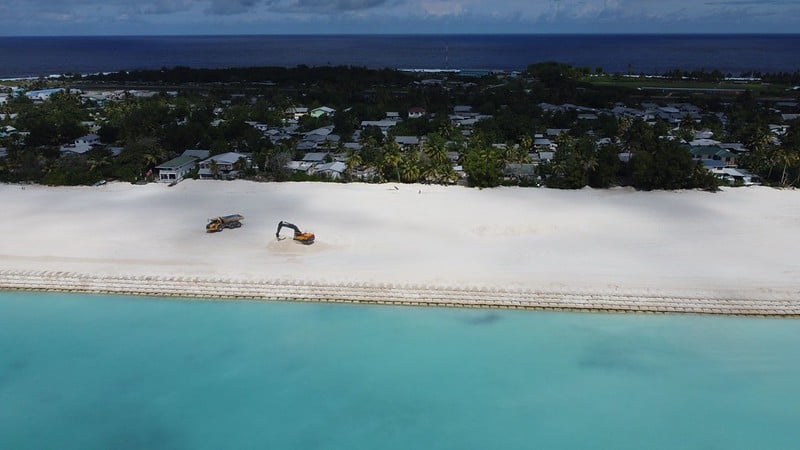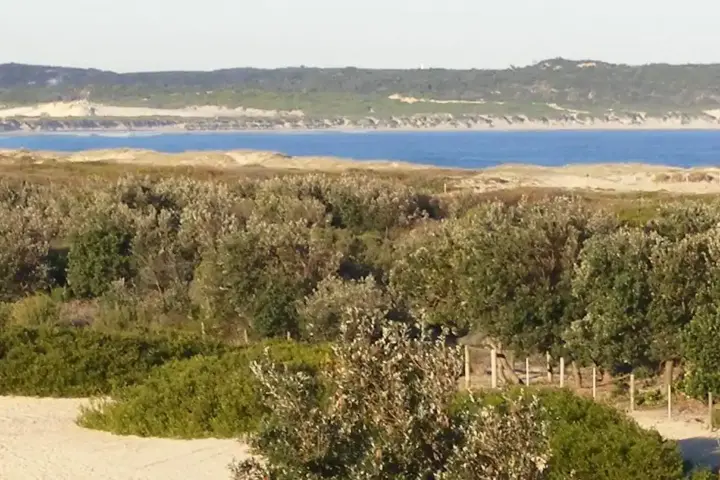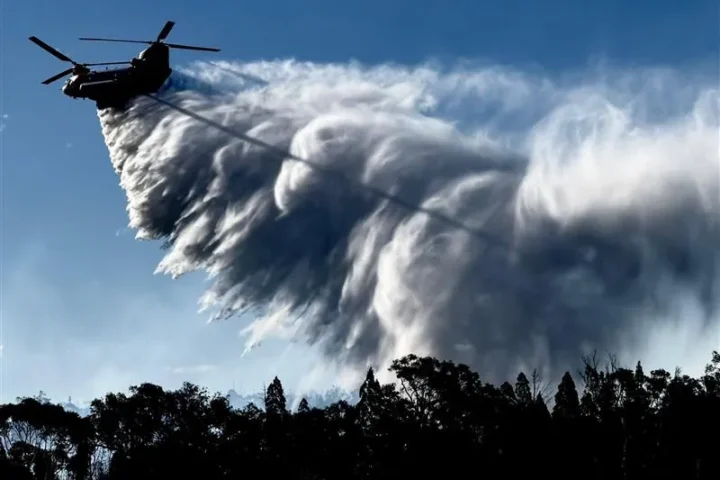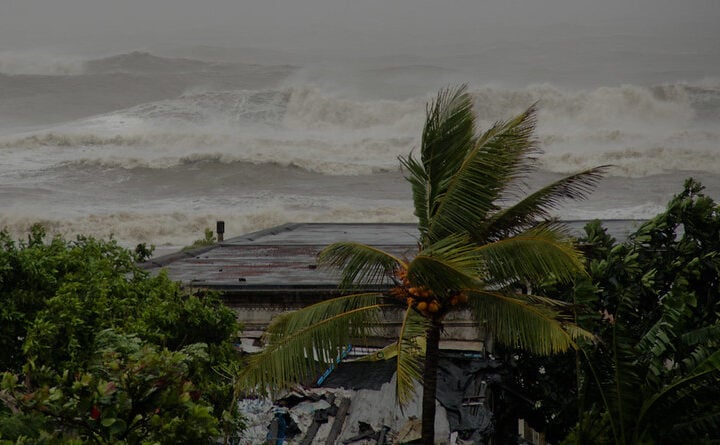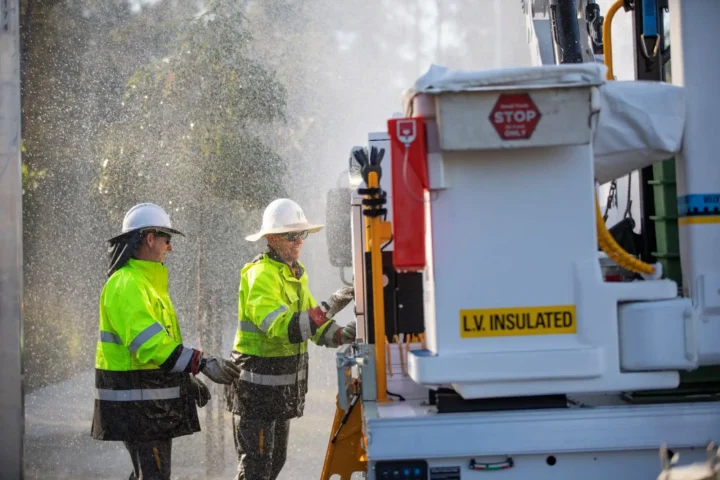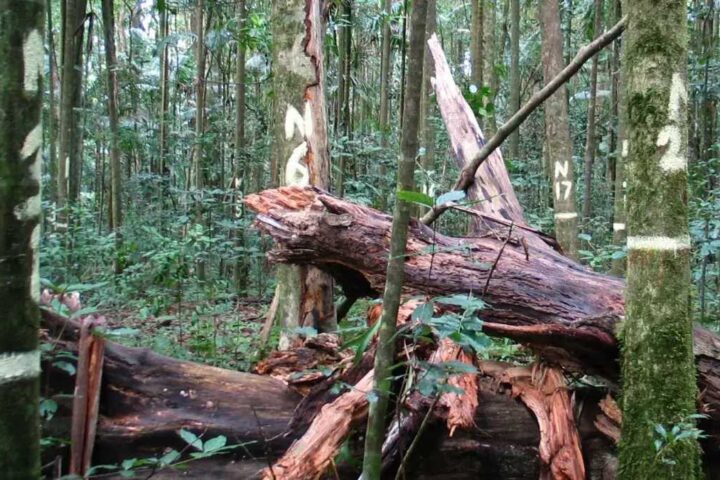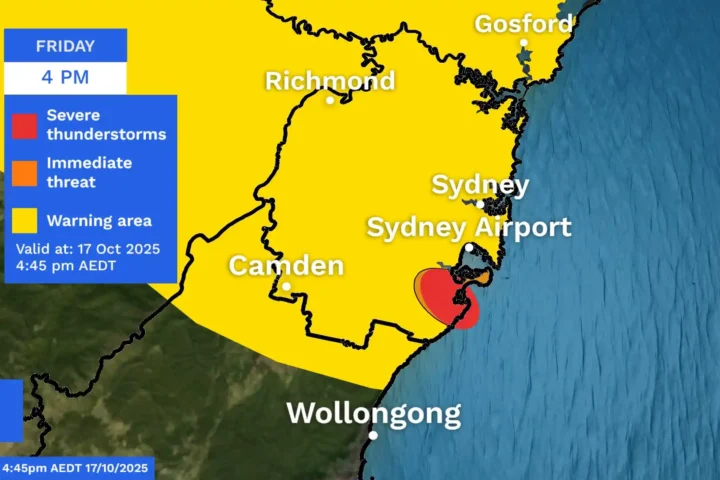In a stark response to rising sea levels, 5,157 applications for Australia’s new climate mobility visa program were submitted by the July 18, 2025 deadline. This represents approximately one-third of Tuvalu’s population of about 11,000 people, marking the first implementation phase of the Australia-Tuvalu Falepili Union Treaty signed in November 2023.
Rising Waters, Shrinking Land
Tuvalu faces an existential threat from climate change. With an average elevation of just 2 meters above sea level, the Pacific island nation has already experienced sea level rise of approximately 15 centimeters over the past 30 years—1.5 times the global average.
“In Tuvalu, internal relocation is not an option; we are totally flat,” said Prime Minister Feleti Teo at the United Nations Oceans Conference in June 2025. “There is no option to move inland or move to higher ground, because there is no higher ground.”
The IPCC’s Sixth Assessment Report projects global sea levels could rise between 0.28-1.01 meters by 2100, depending on emissions scenarios. For Tuvalu, regional variations mean even higher local rates, potentially submerging up to 50% of Funafuti by 2050. Under worst-case scenarios, approximately 95% of the land could be underwater during high tides by 2100.
Treaty Provisions: Migration With Dignity
The Falepili Union Treaty, which entered into force on August 28, 2024, establishes several groundbreaking provisions:
- Annual migration pathway for up to 280 Tuvaluans
- Rights to live, work, and study in Australia with access to healthcare and education
- No job offer requirements
- Freedom to return home at will
- Recognition of Tuvalu’s continuing statehood regardless of territorial loss
- Protection of Tuvalu’s maritime boundaries “without reduction” despite rising seas
Prime Minister Teo has emphasized that receiving the visa doesn’t mean permanent relocation, stating, “It doesn’t mean you have to live the rest of your life in Australia.”
Adaptation Efforts Continue
While preparing for possible migration, Tuvalu is simultaneously pursuing adaptation strategies:
The Tuvalu Coastal Adaptation Project has reclaimed 7.8 hectares on Funafuti. This Green Climate Fund-supported initiative has created a platform designed to remain above sea level rise and the reach of storm waves beyond the year 2100.
A second phase of the project (TCAP-II) has been funded by Australia and New Zealand to construct protective infrastructure along another 800 meters of vulnerable shoreline and reclaim an additional 8 hectares of elevated land on the southern side of Funafuti.
Additional water security projects supported by the Asian Development Bank are combating saltwater intrusion, which threatens freshwater supplies.
Cultural Preservation Concerns
With 58% of Tuvalu’s population under 30 years old, according to the 2017 Census, questions arise about cultural continuity if significant emigration occurs.
Concerns about diaspora impacts on language transmission and traditional knowledge have been documented. According to the Tuvaluan language Wikipedia page, “Isolation of minority-language communities promotes maintenance of the language” and migration threatens this preservation.
Jane McAdam of UNSW Law notes that sustained outflow could see a significant portion of the population emigrated within a decade if return rates are low.
Regional Context and Legal Precedent
The Falepili Union reflects broader climate challenges in the Pacific. The World Bank’s Groundswell report projects that climate change could force 216 million people to migrate within their countries’ borders by 2050, with 49 million of those in East Asia and the Pacific region.
The 2018 Pacific Islands Forum Boe Declaration recognizes climate change as “the single greatest security threat” to the region.
Article 4(1) of the treaty contains an unprecedented sovereignty clause requiring that “Australia shall mutually agree with Tuvalu any partnership, arrangement or engagement with any other State or entity on security and defence-related matters in Tuvalu.”
This provision has sparked debate. Former Prime Minister Enele Sopoaga has called it “modern-day colonialism at its worst” and noted the lack of climate impact mitigation clauses.
Development Support
Australia has increased its contributions to the Tuvalu Trust Fund and coastal adaptation initiatives under the treaty. These funds aim to provide a predictable revenue stream for public services and accelerate sea-wall construction and water-security initiatives.
The UNHCR clarified in June 2024 that while the treaty is innovative, it doesn’t create new legal categories for “climate refugees” under international law, urging broader multilateral solutions.
Economic Considerations
Remittances from migrants are expected to bolster household incomes in Tuvalu, helping mitigate local economic shocks. The annual cap of 280 migrants was requested by Tuvalu to prevent excessive “brain drain” while enabling mobility.
Applicants pay A$25 to enter the ballot, with no pre-vetting for eligibility. According to Australia’s Department of Home Affairs, “As part of their ballot registration process, participants have to make a declaration that they meet the relevant eligibility criteria.” The visa ballot opened on June 16, 2025, and closed on July 18, 2025, with random selections scheduled between July 2025 and January 2026.
Where Do We GO From Here
The Australia-Tuvalu Falepili Union treaty establishes a migration pathway for Tuvaluans facing severe climate change impacts, notably sea level rise threatening habitability. The recent visa lottery has attracted 5,157 applications. The agreement allows up to 280 Tuvaluans annually to relocate starting in 2025. Tuvalu’s low elevation makes it exceptionally vulnerable to rising seas and saltwater intrusion. Scientific projections indicate worsening conditions. The treaty also contains unique provisions regarding Tuvalu’s sovereignty. Tuvalu simultaneously pursues land reclamation and adaptation projects. The situation reflects broader climate challenges faced by Pacific Island nations.
